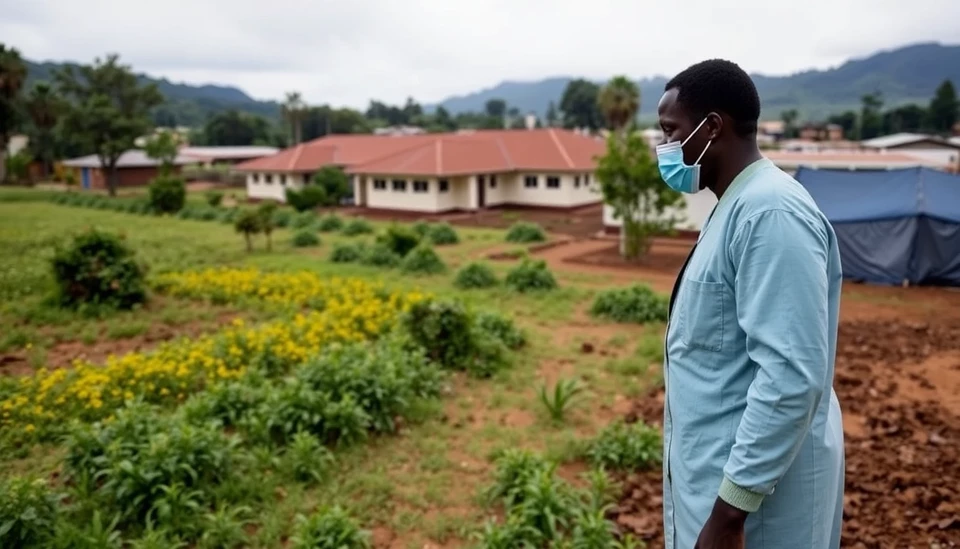
The World Health Organization (WHO) has recently announced a troubling rise in suspected Marburg virus cases in Tanzania, where eight individuals have reportedly died from the illness. This resurgence has raised concerns about a potential outbreak in the region, necessitating urgent public health interventions and increased surveillance.
Authorities in Tanzania first alerted the WHO to the suspected cases on January 9, 2025. Following this notification, the WHO promptly dispatched a team of experts to investigate the situation on the ground. The Marburg virus, which belongs to the same family as Ebola, is highly contagious and can be transmitted through direct contact with bodily fluids of infected individuals. It poses a significant risk to public health, especially as it can lead to severe hemorrhagic fever and has a high mortality rate.
The individuals who succumbed to the disease were linked to a recent funeral in the Kagera region, highlighting the importance of community awareness and education regarding safe burial practices during outbreaks. Informed consent regarding funerals is paramount, as traditional practices can inadvertently facilitate the spread of the virus. Public health officials are now focused on implementing measures to prevent further transmission, which includes contact tracing, health education, and isolation of suspected cases.
As part of its response strategy, the WHO is collaborating with the Tanzanian Ministry of Health to enhance the country’s laboratory capacity for diagnosing the Marburg virus and to mobilize adequate resources for treatment protocols. Specialized teams are being dispatched to affected areas to train local healthcare workers and to ensure swift identification of new cases.
Public awareness campaigns are crucial in mitigating the impact of the disease. WHO emphasizes the importance of hygiene measures, such as proper handwashing and the use of personal protective equipment (PPE) for those caring for infected patients or handling the remains of those who have died from the virus.
This situation in Tanzania adds to the global concern over emerging infectious diseases, especially in regions where healthcare infrastructure may be lacking. Historical data indicates that similar outbreaks have had devastating effects on local populations, necessitating a coordinated global response to prepare for such health emergencies in the future.
The WHO is continuing to monitor the situation closely and will provide updates as more information becomes available. The organization remains committed to strengthening health systems worldwide to better respond to and manage outbreaks of infectious diseases, like Marburg and Ebola, that pose a risk to global health.
Concerns about the spread of Marburg are particularly critical given the recent history of viral outbreaks in Africa, which have shown how quickly diseases can escalate and lead to widespread panic. It is imperative that all stakeholders, including international health organizations, government officials, and local communities, work collaboratively to address this health crisis immediately.
In conclusion, the reported deaths in Tanzania serve as a stark reminder of the persistent threats posed by zoonotic diseases and the need for vigilance in public health. Preparedness, rapid response, and effective communication are essential to combatting the potential spread of the Marburg virus in the region.
#Marburg #Tanzania #WHO #PublicHealth #VirusOutbreak #InfectiousDiseases
Author: Samuel Brooks


